The National Alliance on Mental Illness (NAMI) held a presentation about mental illnesses and the misconceptions about them on Friday in the DSPS conference room.
The presenter from NAMI, Nicole Williams, joined the organization three years ago when she attended a NAMI clinic to help her “understand (her daughter’s) illness.”
The presentation, Ending the Silence, was made to help change perceptions about mental illnesses, symptoms, warning signs, available resources and suicide.
In the presentation, a series of videos and slides were used to show the different steps that can be taken for someone going through a mental illness, as well as steps for someone who is concerned for someone else’s mental health.
The steps that were given during the presentation to help identify if someone has a mental illness include knowing the warning signs, sharing concerns, getting help, being a good friend and reducing social stigma.
There are many warning signs a person can give that they are going through a mental illness, such as an increase in severe reckless behaviors, self-harm and substance abuse.
Sharing the concern with the party in question is very important. It should be done directly, but non-judgmentally.
After sharing that concern, the presenters said that it is a good idea to encourage the person to speak to a trusted adult, to a hotline, or to seek online resources such as those on the NAMI website.
The next step, being a good friend, is another important step. A few ways to help include helping the person to stay positive, not treating them differently, standing up for them, and regularly checking in on them.
Jabari West, a student attending the meeting, recalled helping some of his friends in high school.
“Mainly I had a couple of friends in high school that had some suicidal tendencies and after school instead of going home, I would hang out with them until they got home and are around family, and making sure they are okay,” said West.
The last step is to help reducing the stigma for having a mental illness, which is one of the biggest reasons that people choose not to get help to begin with.
At the end of the presentation there was an open discussion with people in attendance regarding various mental health issues. Personal stories and experiences were shared.
Student Donald Plazola found this clinic to be reassuring after he suffered from a personal loss.
“It was more reinforcement of information, but it was good to hear it from another person’s point-of-view,” Plazola said. “I think it really stuck; it was very beneficial.”


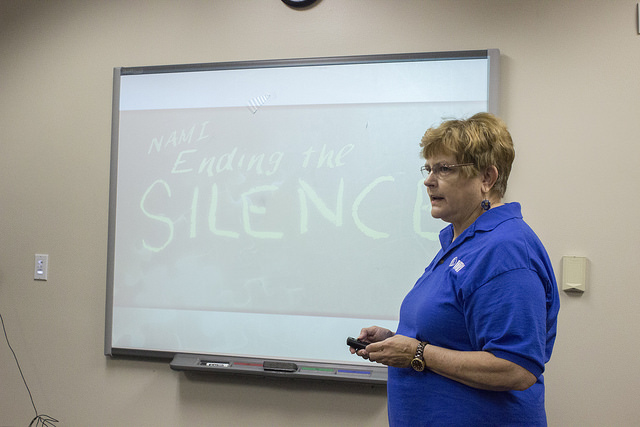





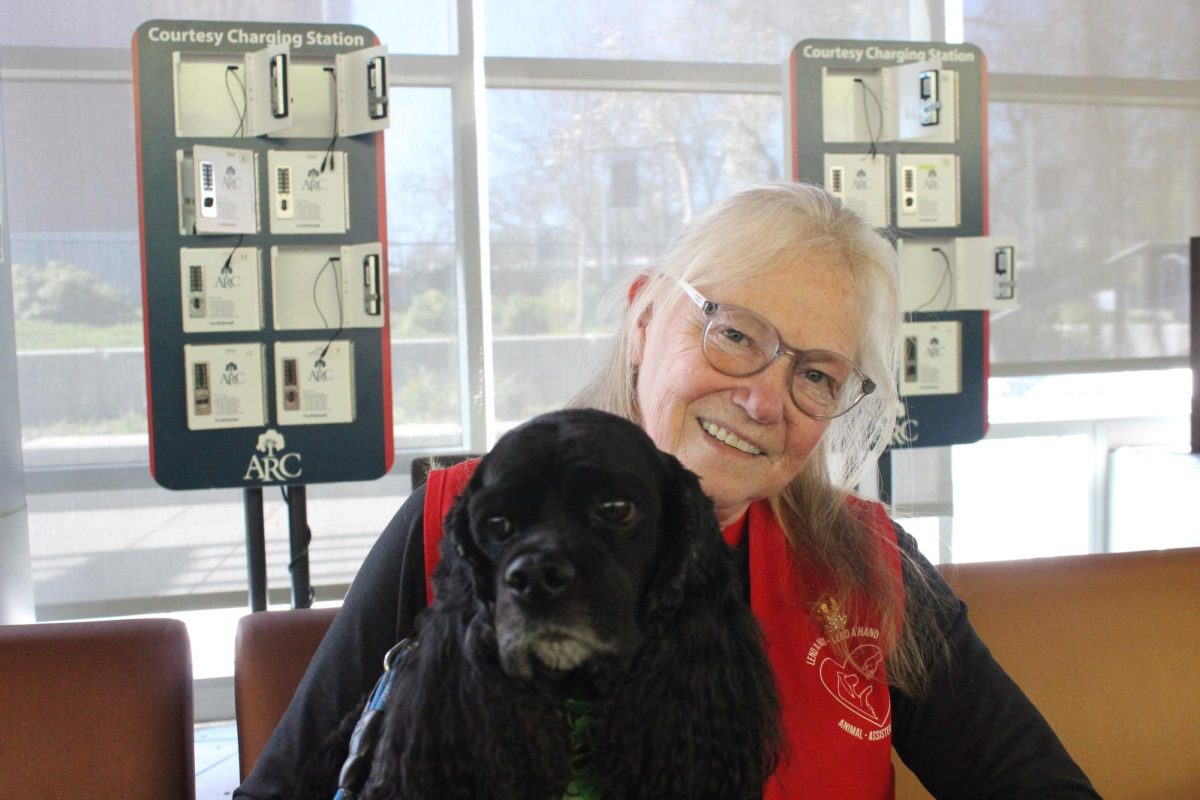
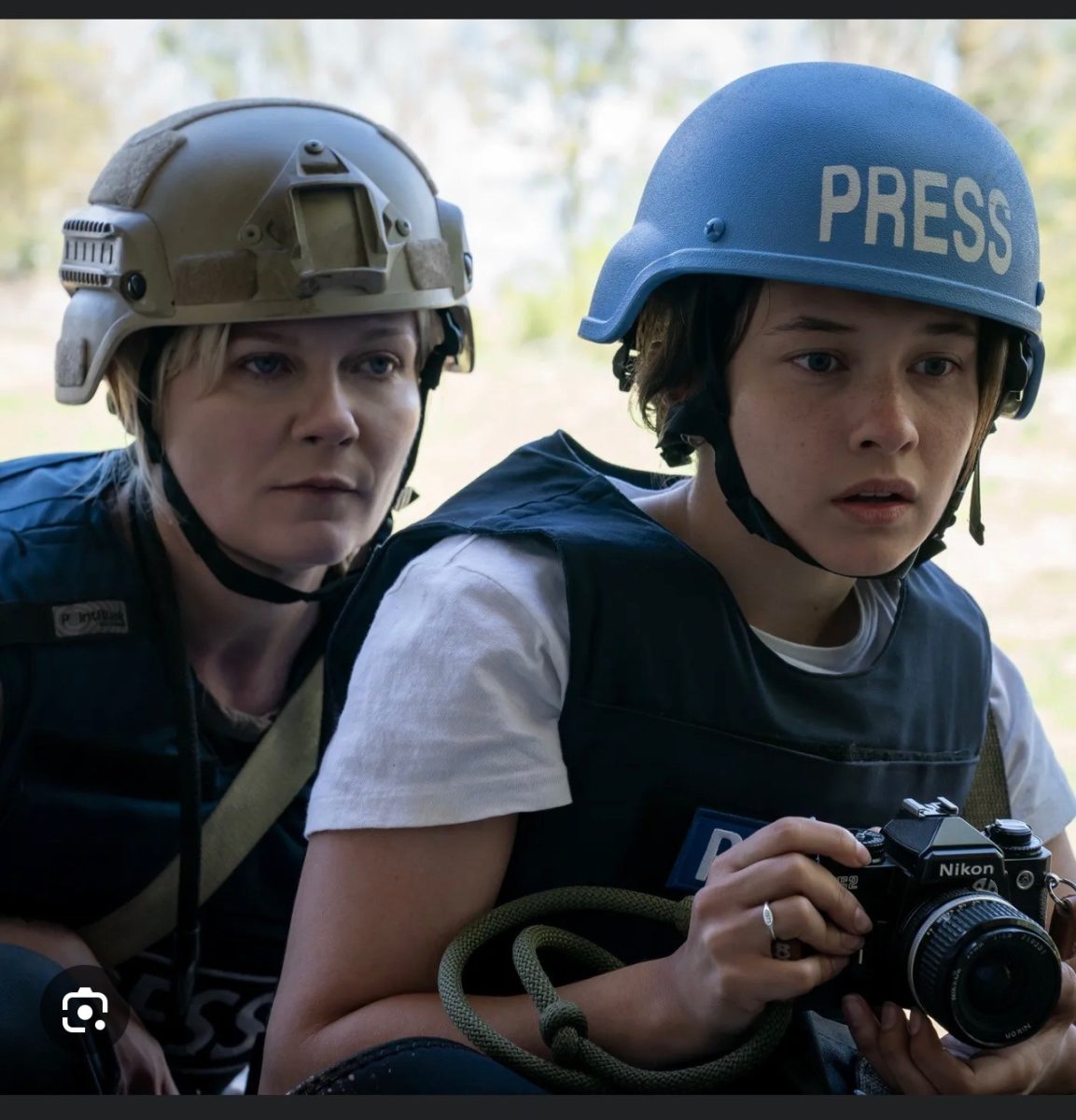
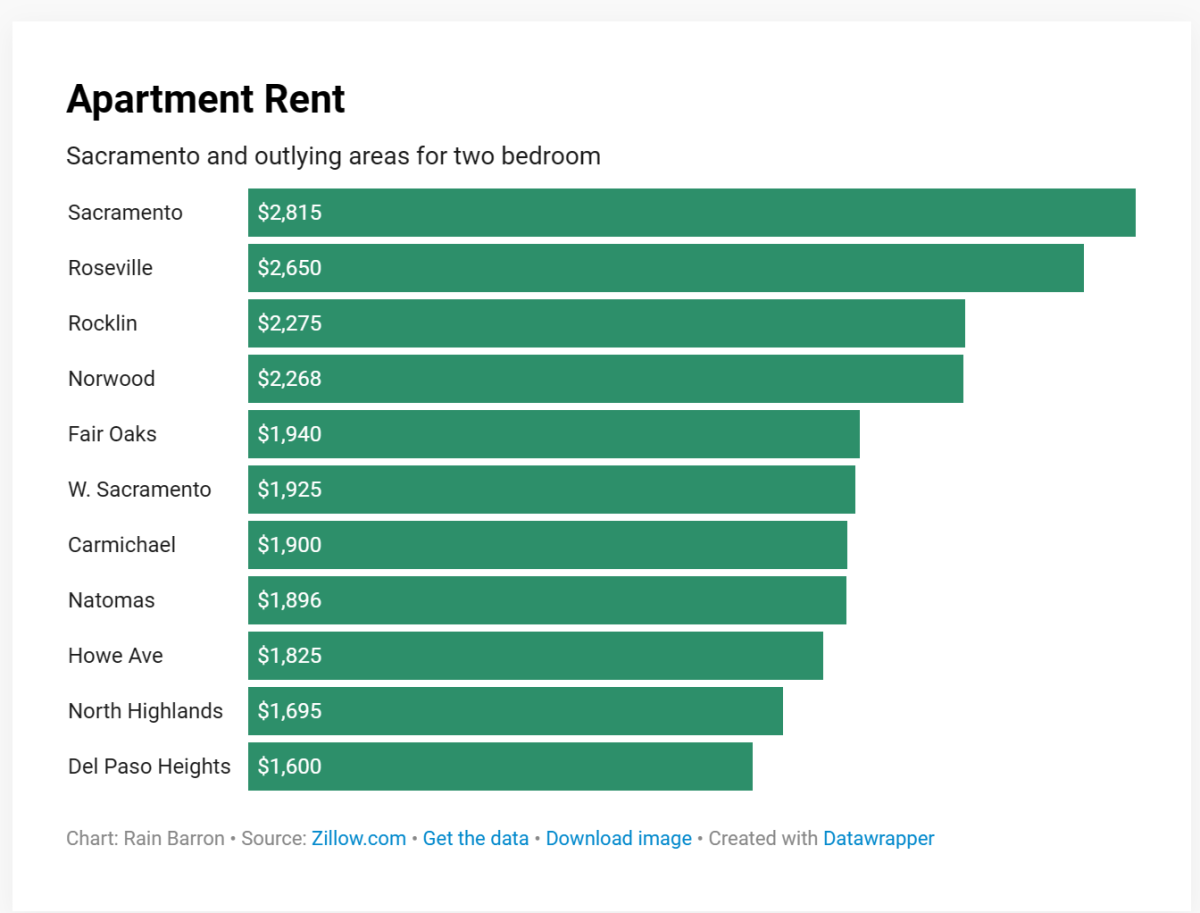
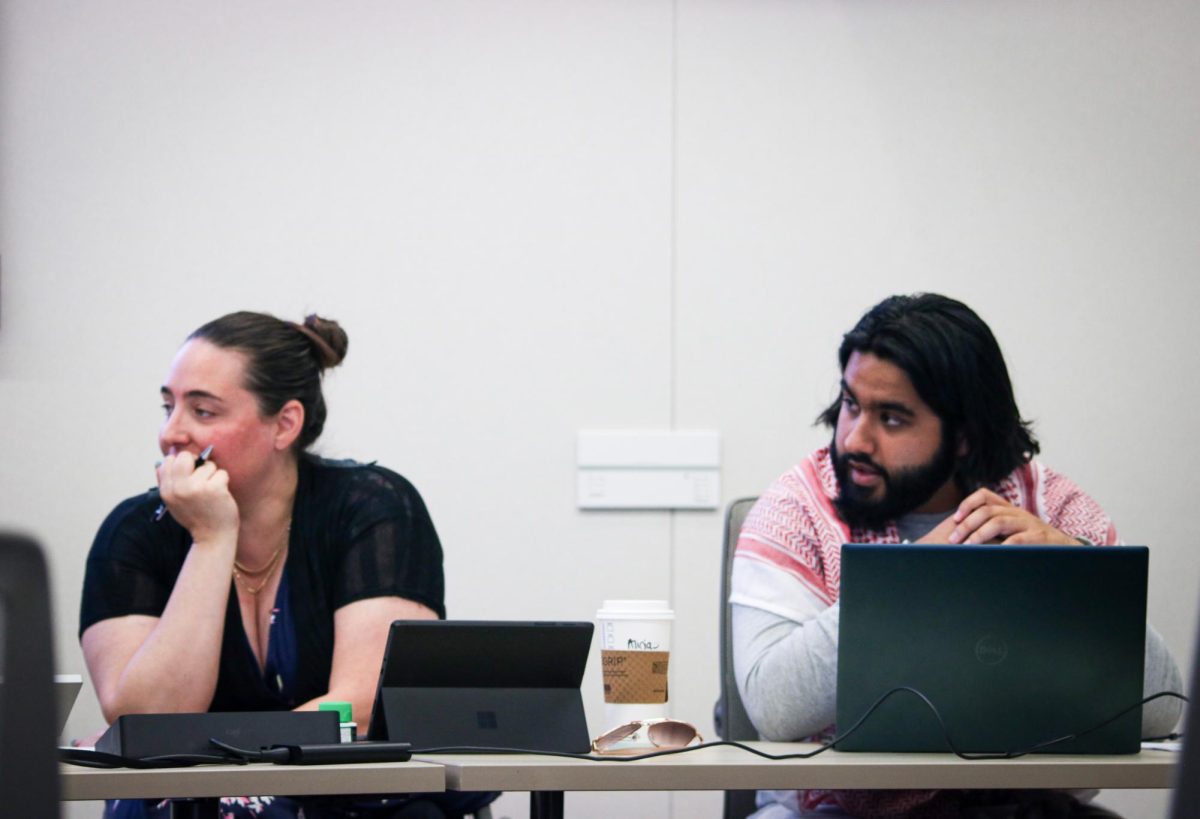



Harold A. Maio • Dec 9, 2015 at 7:45 pm
—NAMI sheds light on mental illness
NAMI insists there is a “stigma” to mental illnesses. That is not light, but winter-deep darkness.
[email protected]